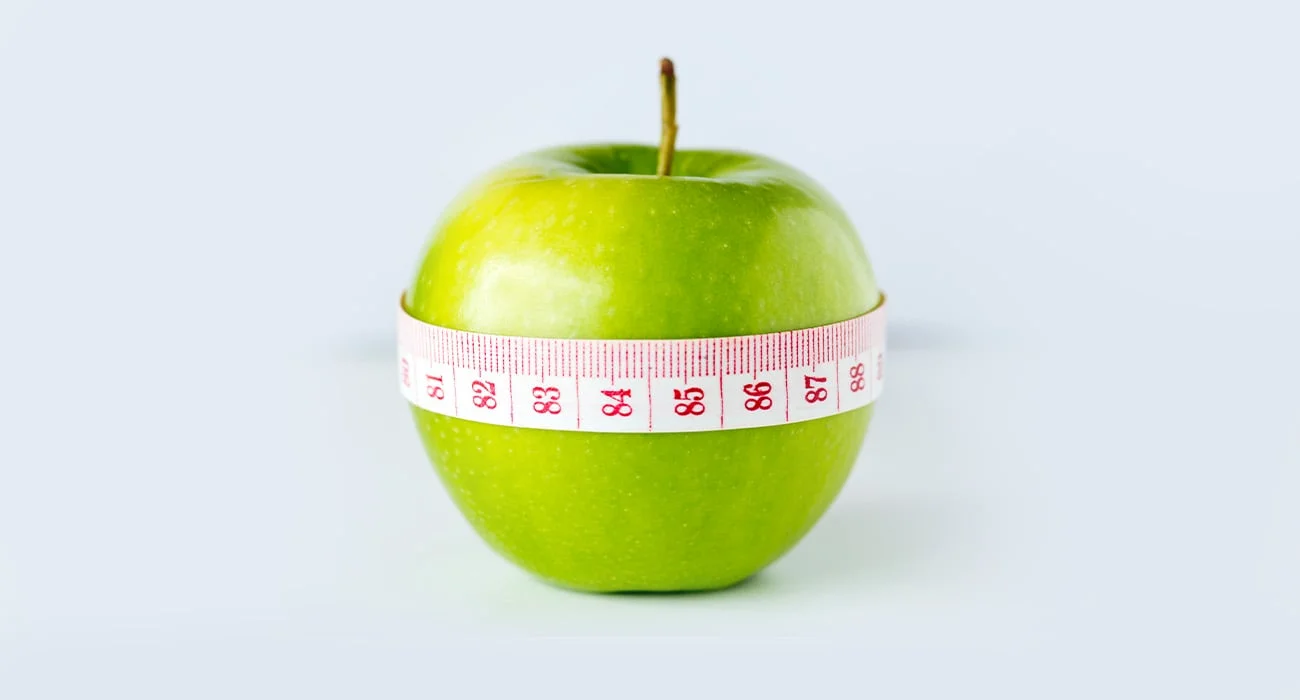IF (Intermittent Fasting) Diet

Intermittent fasting, which has been talked about a lot in recent years, was chosen as the most popular diet of the year by the International Information Council in 2018. Unlike known diets, its main purpose is not to reduce calorie intake, but to control the time interval of foods consumed during the day. In fact, when following this diet, it is more important when we eat than what we eat. In line with the studies carried out; It has become one of the popular diets with its effects on improving brain and body health and supporting fat burning, and ongoing research is being carried out on it. There are three different applicable types of intermittent fasting. The first and most preferred of these is the 16:8 model, and the other models are listed as 5:2 and 24:1 (eat-stop-eat).
16:8 Model:
The main purpose of this model of intermittent fasting is to fast for 16 hours and consume food in the remaining 8 hours. During the 16-hour fast, we can drink water, unsweetened tea, coffee without milk, mineral water and herbal teas.
5:2 Model:
In this model, normal nutrition is continued 5 days a week, while men continue to eat the remaining two days of the week; Under 600 calories; in women; The aim is to consume food under 500 calories.
24:1(eat-stop-eat):
When applying the eat-stop-eat model, you fast for 24 hours, 1 or 2 days a week. On the other days, normal nutrition is continued.
How Do I Choose Between Models?
The most important thing to consider when choosing which model to choose is what your daily dynamics are like. Your way of working, your lifestyle and whether you have any disease are important factors in the selection phase.
What is its effect on our health?
In line with the studies conducted on intermittent fasting, it has been observed that 3-8% of people lose weight after 3-24 weeks.
It has been shown to have effects on reducing LDL and triglycerides and improving insulin resistance by regulating blood sugar. Clinical studies are still continuing
Can Anyone Do IF (Intermittent Fasting)?
Pregnant women, children and adolescents, and people with diabetes and hypertension are not recommended to follow this diet.
First of all, you should not follow a diet just because it is popular, you should first get to know our body and get support from a nutritionist in order to have a healthy diet process. We wish you all healthy days, and if you would like to benefit from our personalized nutrition programs, we welcome you to our hospital…
Dyt. Zeynep YAVUZ